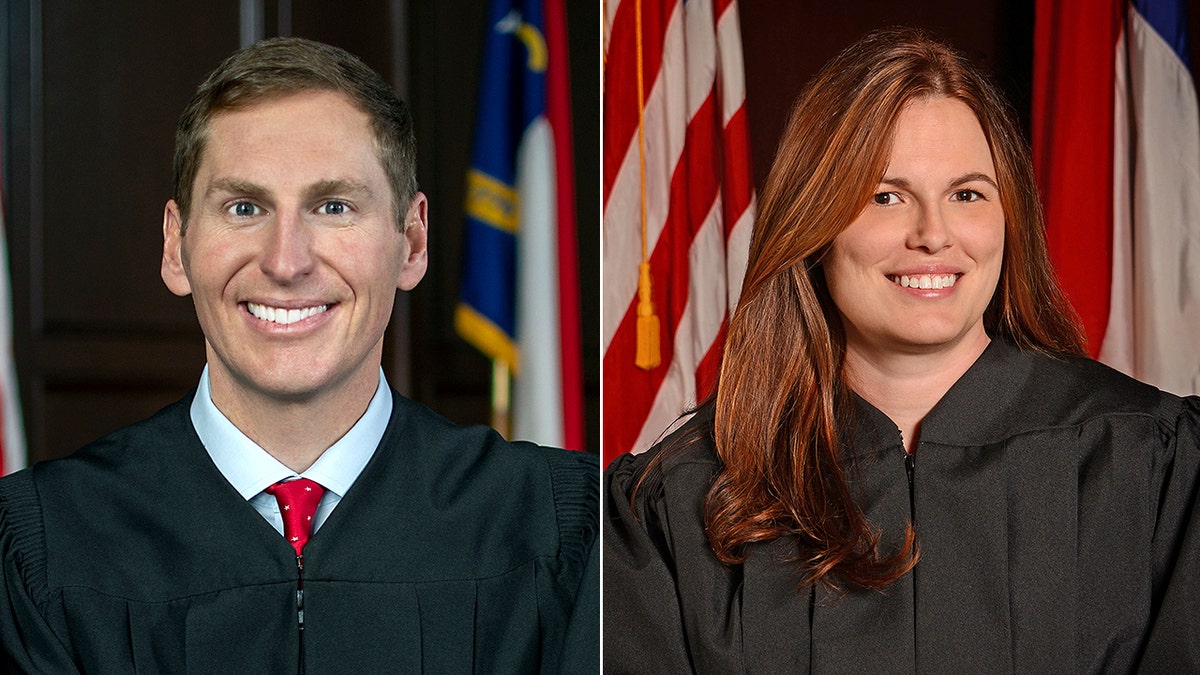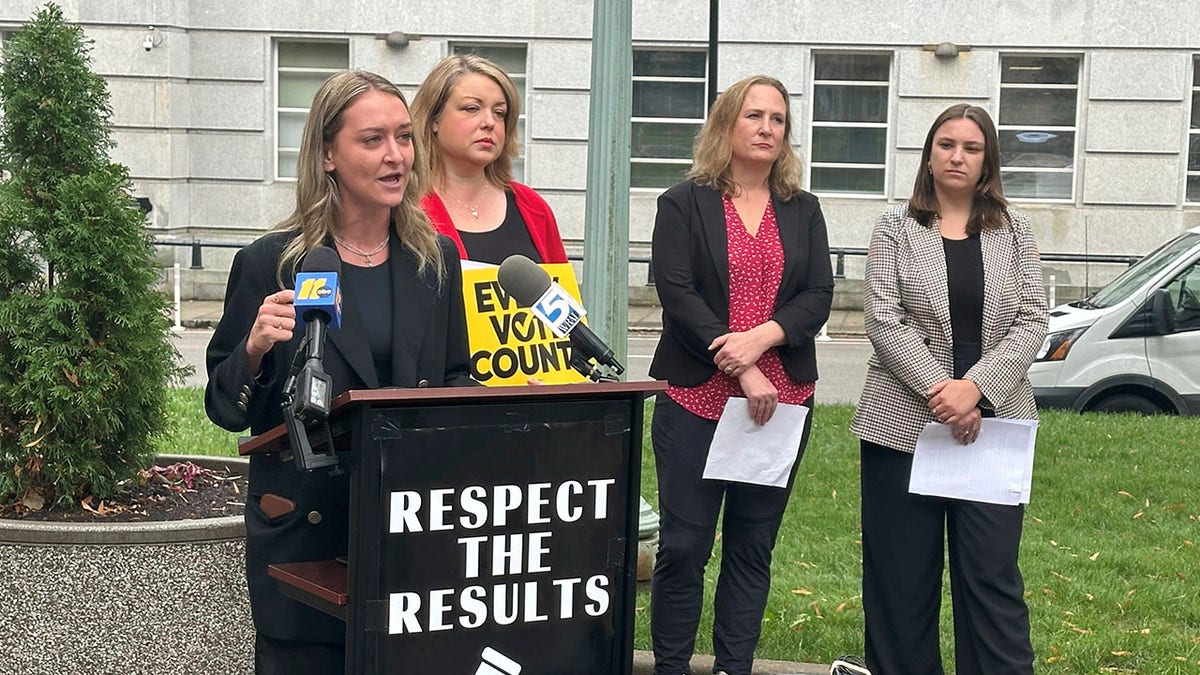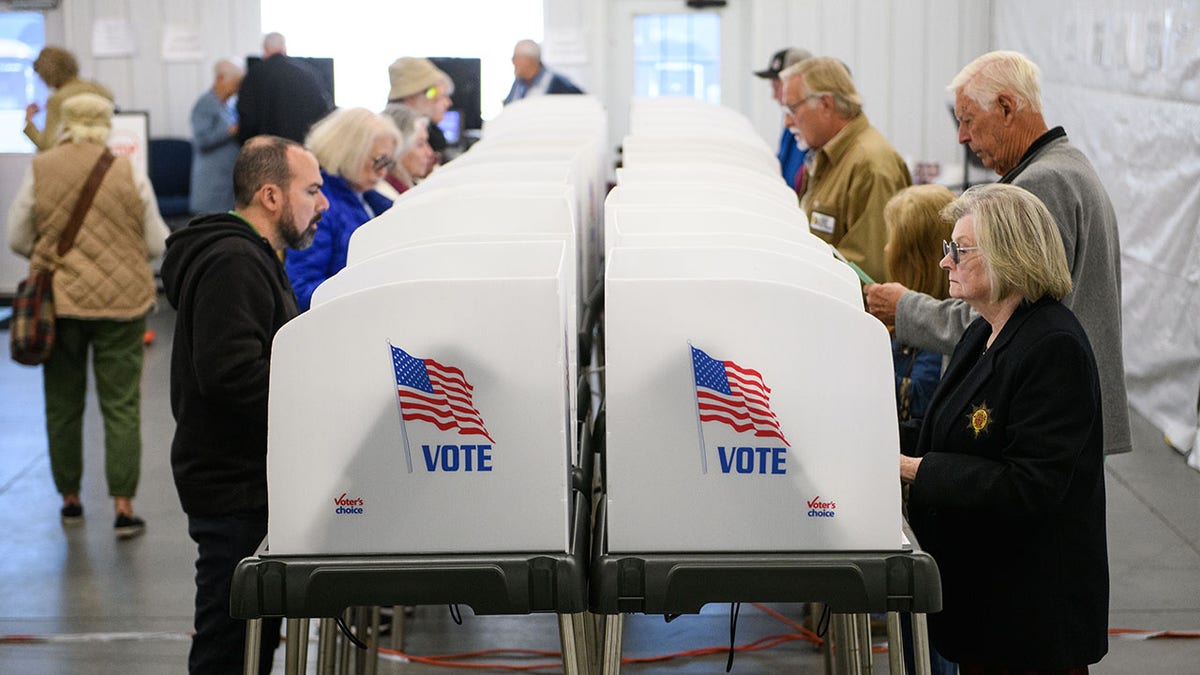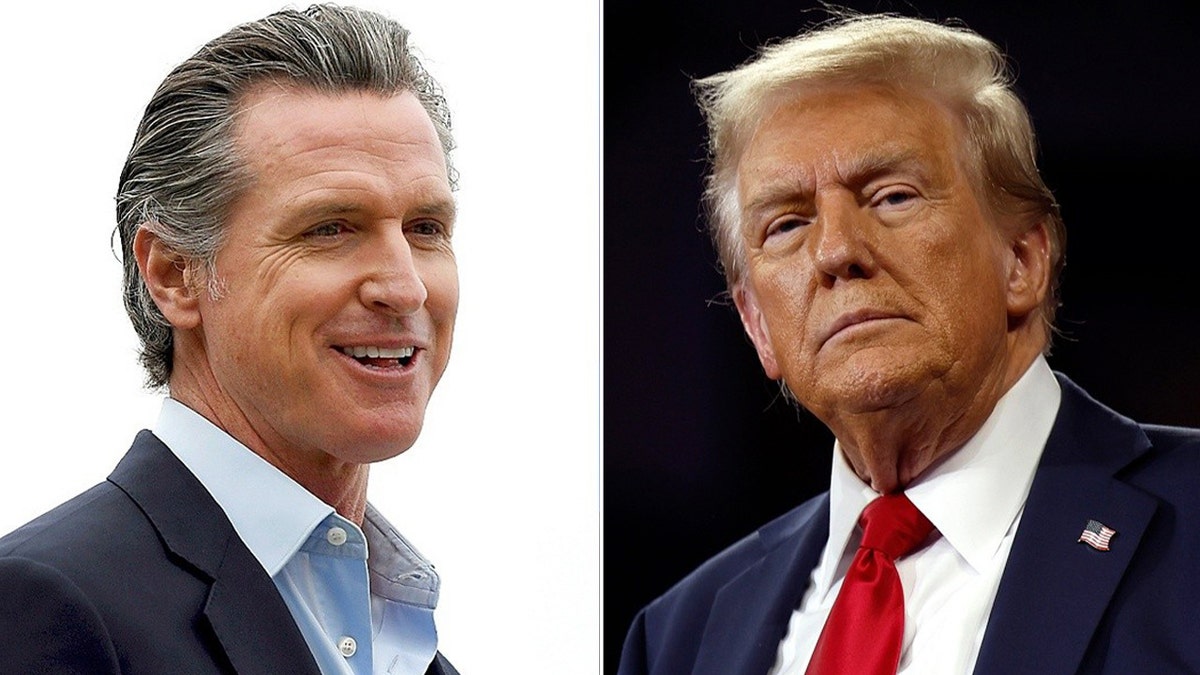A federal judge has remanded the legal challenge concerning a North Carolina Supreme Court election back to the state's highest court. The contested election is between incumbent Democratic Associate Justice Allison Riggs and Republican challenger Jefferson Griffin. Following the judge's decision, the North Carolina Supreme Court temporarily halted the certification of election results pending further legal arguments.
Although Riggs maintains a narrow lead of 734 votes after two recounts, Griffin disputes the validity of approximately 60,000 ballots. A significant portion of the challenged ballots originate from voters whose registrations lacked either a driver's license number or the last four digits of their Social Security number, information required on applications since 2004. While such omissions don't automatically disqualify a voter, as alternative identification methods exist, Griffin's challenge targets these and other ballot categories, including those from overseas voters.

Griffin's legal team initially appealed to the state Supreme Court, but the case was moved to federal court due to alleged connections to federal voting laws. However, U.S. District Judge Richard Myers, a Trump appointee, determined that the dispute primarily revolves around unresolved state law issues and returned the case to the North Carolina Supreme Court.

The state Supreme Court's temporary stay on certification prevents the State Board of Elections from finalizing Riggs' victory. Justice Riggs has recused herself from the case, while Associate Justice Anita Earls, a Democrat, voiced opposition to the stay, arguing against interference in established democratic processes. The State Board of Elections and Riggs have filed appeals against Myers' decision with the 4th U.S. Circuit Court of Appeals, seeking to return jurisdiction to the federal court.

Unless the federal appeals court intervenes, the Republican-dominated North Carolina Supreme Court will effectively decide the winner of one of its own seats. The State Board of Elections, comprised of three Democrats and two Republicans, had previously dismissed Griffin's protests, setting the stage for Riggs' official confirmation. Democrats have criticized Griffin and the state GOP, accusing them of attempting to subvert the election outcome.








